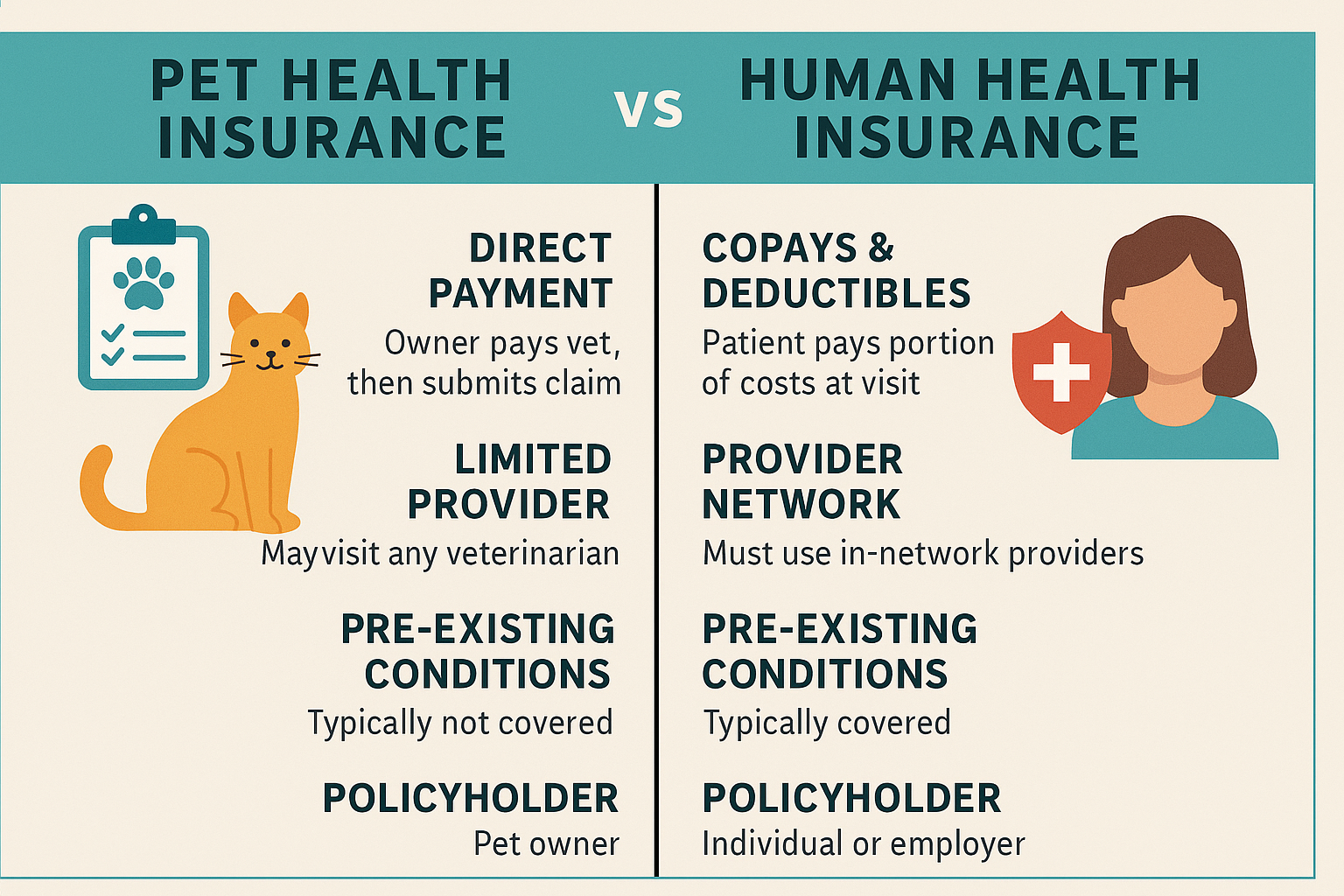
International Students: Health Insurance Requirements Explained
In 2025, understanding the health insurance requirements for international students is more important than ever. As thousands of students from around the world travel to study in countries like the United States, Canada, the UK, Australia, and across Europe, having the right health coverage is not just a recommendation—it is often a legal requirement and a vital component of ensuring a safe and successful academic journey abroad. Health insurance for international students protects them from the potentially overwhelming costs of medical care while living in a foreign country, and it also guarantees access to essential health services, preventive care, and emergency treatment.
Many countries mandate that international students must maintain active health insurance coverage throughout the duration of their academic program. For example, in the United States, most colleges and universities require international students on F-1 or J-1 visas to purchase either a university-sponsored health plan or show proof of equivalent coverage through a private insurer. This insurance must typically meet specific criteria, including coverage for hospitalization, mental health services, prescription drugs, emergency evacuation, and repatriation of remains. In some cases, the U.S. Department of State also imposes minimum coverage limits for J-1 exchange visitors, making it critical for students to understand both institutional and governmental rules before enrolling in a plan.
In Canada and many European countries, the public healthcare system may be accessible to international students, depending on the province or nation’s regulations and the duration of the student’s stay. For instance, provinces like British Columbia and Alberta allow students to enroll in their provincial health plans after a waiting period, while others require the purchase of private insurance. Similarly, EU nations often allow international students from within the EU to access public health services through the European Health Insurance Card (EHIC), whereas non-EU students may need to obtain private coverage to meet visa requirements. These variations make it essential for students to research specific destination rules and school policies before departure.
In Australia, the Overseas Student Health Cover (OSHC) is a mandatory insurance plan required by the government for all international students. This policy must be purchased before a student visa is granted and must remain valid for the entire duration of the stay. OSHC helps cover the cost of doctor visits, hospital treatment, ambulance services, and limited pharmaceuticals. Australian universities typically partner with approved OSHC providers, simplifying the process for incoming students. Similarly, New Zealand and other countries have their own national rules that may require either a government-approved insurance plan or proof of comparable private coverage.
Choosing the right international student health insurance plan in 2025 involves more than just fulfilling visa requirements. It also means ensuring that the coverage provides value, meets the student’s specific healthcare needs, and supports access to timely medical care. Plans should include coverage for common illnesses, accidents, emergency services, and chronic condition management if applicable. Additionally, students should look for plans that offer 24/7 multilingual assistance, telehealth services, and a large provider network near their campus or city of residence.
It is important to note that travel insurance or basic tourist medical coverage is not sufficient for international students. These plans are usually designed for short-term stays and emergencies only, and they often exclude routine or preventive care, mental health support, and ongoing treatment. As academic programs can last months or even years, international students need a comprehensive health insurance plan that aligns with the academic calendar and local healthcare system expectations.
In conclusion, international students in 2025 must be proactive in securing health insurance coverage that meets both legal and academic requirements in their host country. This coverage not only ensures compliance with immigration regulations but also offers critical protection from high medical costs, helping students focus on their studies without the stress of unexpected healthcare expenses. From the U.S. to Australia, each country has specific rules governing student health insurance, and being informed is the first step toward a successful and healthy international education experience.


